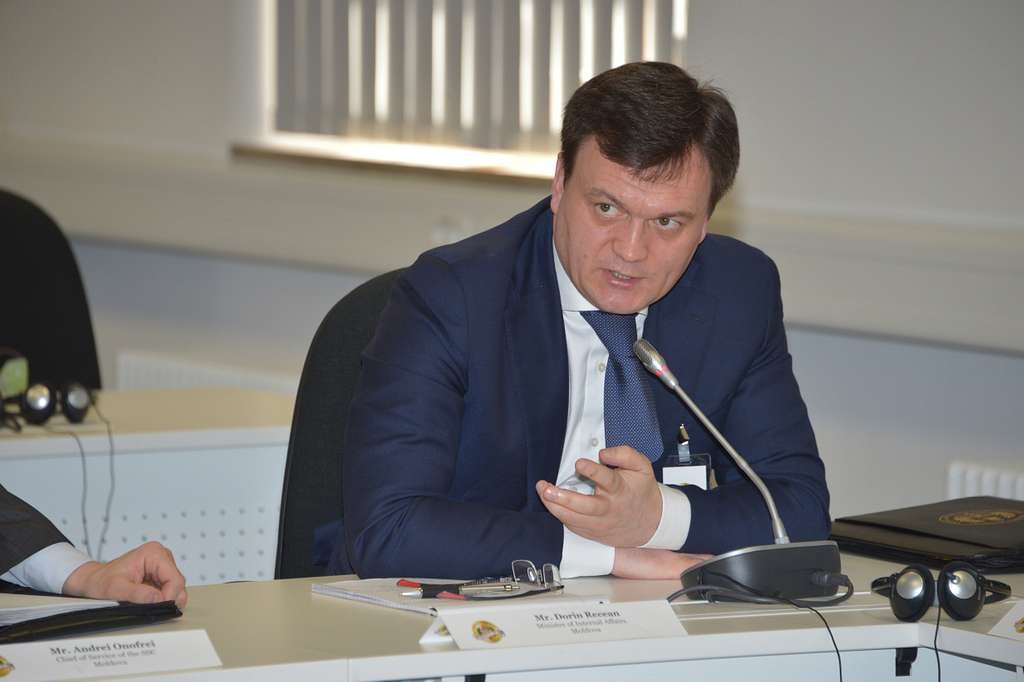Vote of No-Confidence Fails in the Cabinet of Moldova
Moldovan Prime Minister Dorin Recean survived a no-confidence vote initiated by left-wing parties amid economic unease wrought by the nearby war in Ukraine (GetArchive).
Twenty-six members of parliament (MPs) proposed a motion of no confidence in the current government of Moldova on October 5. This motion garnered support from the MPs of the bloc of communists and socialists, who were particularly unhappy with the government's handling of socioeconomic policies. The Cabinet began deliberations and voting procedure on October 19 and finished in the early hours of October 20, lasting a rigorous 10 hours.
In response to the impending vote of no confidence, Prime Minister Dorin Recean delivered a speech outlining his administration's accomplishments and prospective initiatives. Notably, Recean detailed measures to address economic setbacks, alongside plans to raise salaries throughout the state and projects to enhance roads and agricultural infrastructure.
Following Prime Minister Recean's speech, each minister presented their own perspectives and accomplishments in the subject area under their charge. The opposition voiced their discontent with the government’s performance, citing a range of political and economic issues. Of particular concern was the decline in the quality of the educational system, with student and teacher populations having seen a steep drop in the past years. Additionally, there has been an escalation in the number of school closures.
Furthermore, the opposition highlighted the economic crisis triggered by the war in neighboring Ukraine , which necessitated the declaration of a state of emergency in Moldova. This crisis was marked by a distinct fall in gross domestic product (GDP) over the past year, along with a surge in foreign debt, contributing to the hardship and hunger among citizens. The opposition’s critique extended to referring to the administration's actions as undemocratic. Critics alleged the government wields undue influence over Members of Parliament and organizations, suppressing ideas of which they do not approve.
In response, members of the ruling Party of Action and Solidarity refuted the opposition’s points. They contended that the economic crisis and corruption within the government was not a result of current leadership but rather leftover from the previous regime. Prime Minister Recean further asserted that the opposition was driven by populist motives aimed at influencing the vote, rather than being grounded in fact. Additionally, the majority stated that a vote of no confidence would cause all-out chaos, resulting in war. They asserted that a vote for no confidence was a vote to support criminal groups.
Following the debate, Members of Parliament voted, resulting in the motion of no confidence failing. A resounding 82 voted against no-confidence and a mere 16 voted for no-confidence, a significantly smaller number in comparison to those who advocated for debating the motion on October 5. Parliament speaker, Igor Grosu, declared that “the government has the parliament’s support.”

